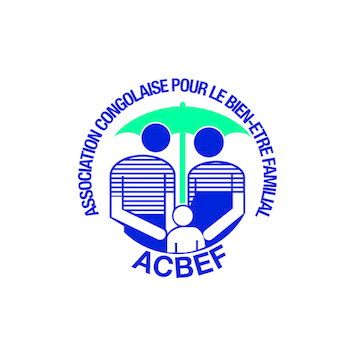

| 31 March 2016
Family Planning Association of Nepal
Established in 1959, the Family Planning Association of Nepal (FPAN) first joined IPPF in 1960 and become a full Member Association in 1969. When it was established, the idea of family planning was considered inimical to religious, cultural and social norms. With the institution of a government Maternal and Child Health Division in 1969, FPAN began to supplement and complement the national health and population programmes. Target populations include injecting drug users (IDUs), lesbian, gay, bi-sexual, trans-sexual and intersex (LGBTI) individuals, people living with HIV (PLHIV), survivors of gender-based violence (GBV) and trafficked returnees and refugees. FPAN serves these populations through an extensive network of 2,750 service points, comprising 127 static clinics, 116 mobile facilities, 184 associated clinics, 543 other agencies, and over 2,000 community-based distributors/services (CBDs/CBSs). Key areas of emphasis include adolescents' sexual and reproductive health, HIV and AIDS prevention and treatment, safe abortion, advocacy for sexual and reproductive health and rights (SRHR), the prevention of gender-based violence (GBV) and support for its victims, and the promotion of access to sexual and reproductive health (SRH) information and services to marginalized and under-served groups. With the dedicated backing of 450 full-time professional staff, 1000 community counsellors, 4000 peer educators and 11,000 grassroots volunteers, FPAN has the capacity to mobilize on a large scale, and with the support of over 20 governmental departments, non-governmental organizations (NGOs) and foundations, it has a secure funding base to maintain and expand its comprehensive programme of activities. Contacts Website: www.fpan.org

| 31 March 2016
Association Congolaise pour le Bien-Etre Familial
The Association Congolaise pour le Bien-Etre Familial (ACBEF) opened its doors for the first time in 1987. Then it was a small operation dedicated to attending to the sexual and reproductive health (SRH) needs of the urban poor. 25 years later, ACBEF reaches out to the whole country through a network of over 100 community-based distributors (CBDs) backed by static clinics and permanent staff. In addition, ACBEF relies on over 1,000 volunteers, including fully-trained peer educators and a Youth Action Movement. ACBEF provides a comprehensive range of services covering integrated family palnning, voluntary counselling and testing (VCT), prevention and management of HIV and AIDS, post-abortion care, antenatal and post-natal care, youth-friendly education and information projects, contraceptive and laboratory services. Stigma and taboos around HIV and AIDS are strong in Congo, and ACBEF is engaged in major re-education and sensitization on this front. ACBEF aims its work at a wide public, with particular emphasis on young people (aged 25 and under), internally displaced people, sex workers and women of child-bearing age. Work occurs in both rural and urban areas. With high visibility in the national media, ABCEF is making major inroads in SRH in a very difficult environment. ABCEF works in close partnership with the government’s ministries of Health, Foreign Affairs, and Gender, and with non-governmental organizations (NGOs) including Jeunesse Action Sida. ABCEF receives financial support from the European Union, UNFPA and the Congolese Government. Website: http://www.acbef.org/







